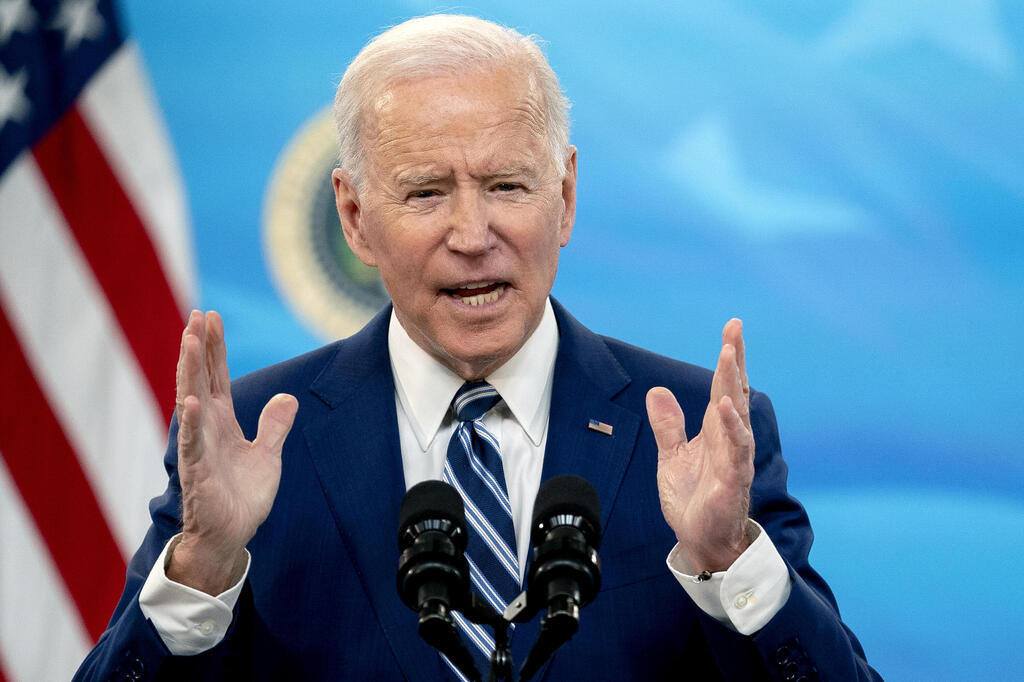Getting your Trinity Audio player ready...
After Iran’s uranium enrichment site in Natanz experienced an explosion on Sunday causing a power failure, Israeli and American officials pointed to Israel as responsible, the New York Times reported.
The explosion in Natanz follows a string of recent reported altercations between Israel and Iran at sea. Israel has not officially responded to the allegations.
6 View gallery
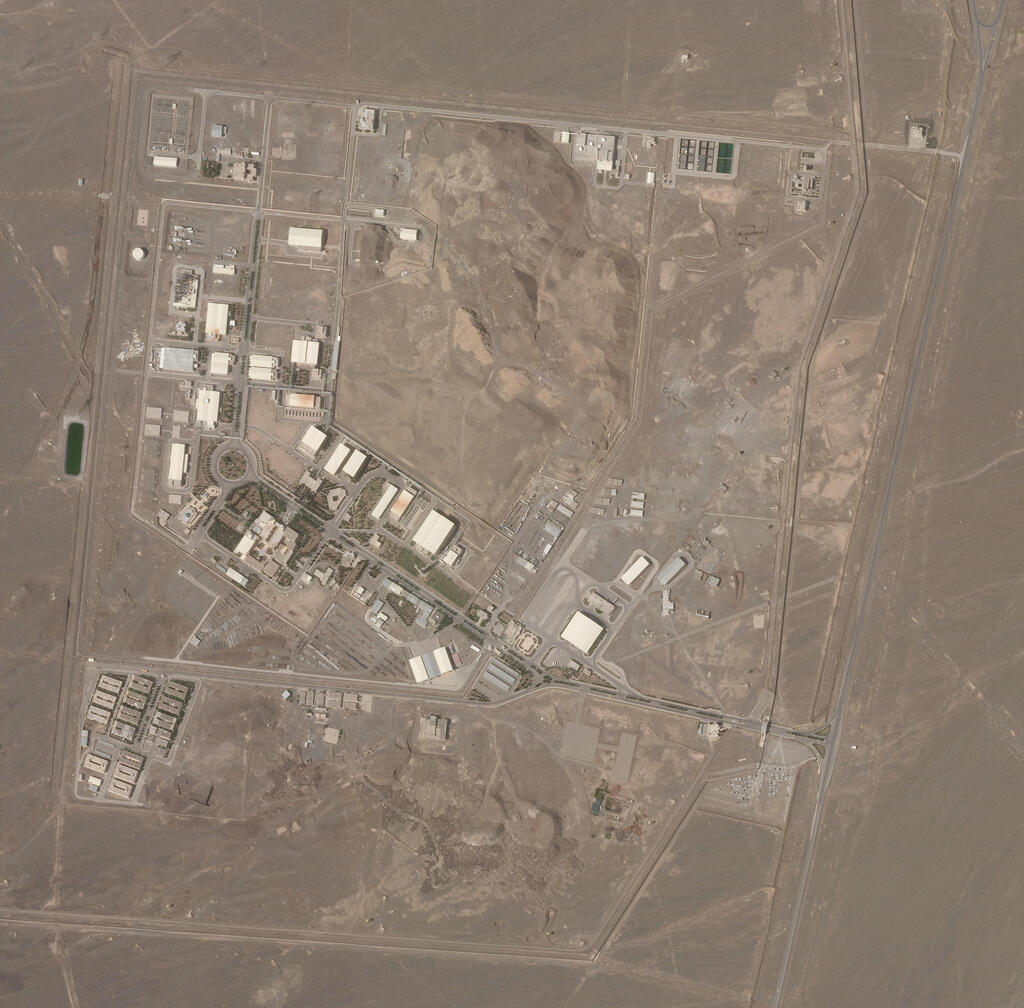

Satellite picture showing the Natanz nuclear facility in Iran
(Photo: Planet Labs Inc)
The Islamic Republic’s nuclear program may need at least nine months to recover from the damage, the New York Times quoted the officials as saying.
The officials reportedly said the explosion damaged the site and Iran’s ability to enrich uranium significantly.
“I don’t think that even those that carried out the attack know” the scale of the damage," says Dr. Yoel Guzansky, a senior research fellow at the Institute for National Security Studies at Tel Aviv University and a former member of Israel’s National Security Council.
However, if The Times report is correct, the damage is significant, he says.
Centrifuges are “very sensitive to interruptions to the flow of electricity. So, the saboteur was probably able to damage the backups and the inner apparatus that the Iranians have,” Guzansky says.
In addition to sabotaging the facility, Guzansky says the attack was intended as a warning, signaling to the Iranians that they are crossing someone’s red line. It also highlights the vulnerability of Iran’s most sensitive sites.
“It [the attack] shows that Iran is completely transparent and open to infiltration operationally, and intelligence-wise,” he says.
Guzansky also suggests that the explosion also carries a message to countries furthering the resurrection of the Joint Comprehensive Plan of Action (JCPOA), the 2015 agreement signed with Iran to establish limitations and supervision on its nuclear program.
“It can tell countries that are negotiating with Iran, like [Prime Minister Benjamin Netanyahu] said last week: ‘We are not beholden to this agreement, so we aren’t committed to the negotiations with the Iranians either,’” he says.
6 View gallery
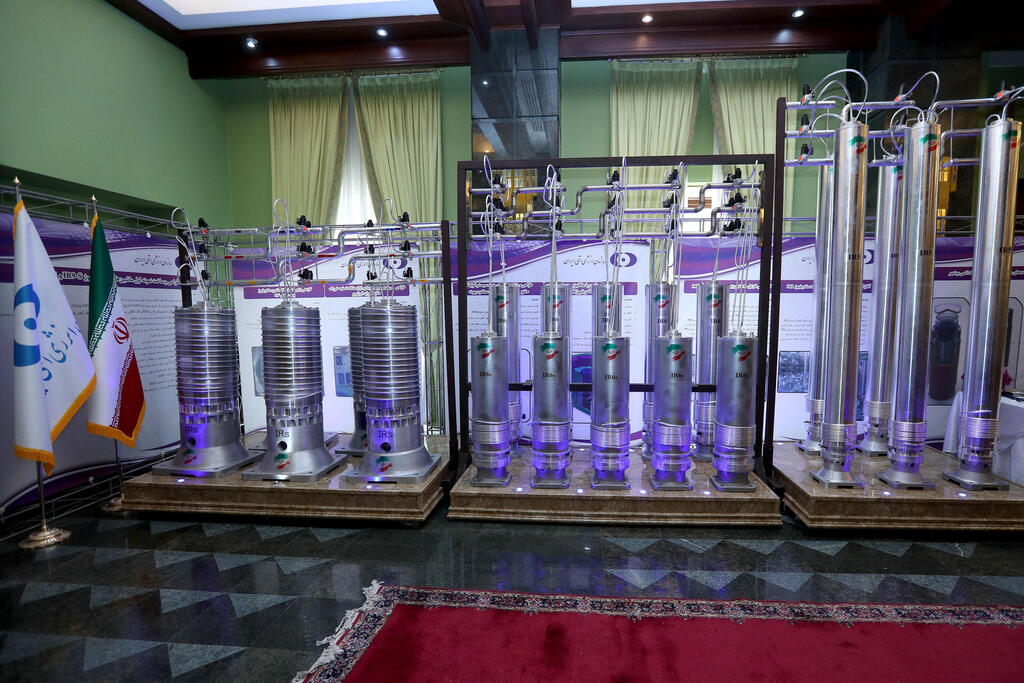

Newly unveiled centrifuges on display at the Natanz nuclear facility shortly before an explosion knocked out the plant's entire power system
(Photo: Reuters)
The explosion comes after the opening of indirect talks in Vienna between the U.S. and Iran, intended to bring both countries back into compliance with the JCPOA.
Then-U.S. president Donald Trump unilaterally withdrew from the agreement in 2018 and placed heavy sanctions on the Islamic Republic. Though both countries have expressed a wish to return to the agreement since Joe Biden replaced Trump as president, progress has proven difficult. Each has insisted the other move first.
Israel strongly opposed the 2015 agreement when signed, and has maintained this stance since.
6 View gallery
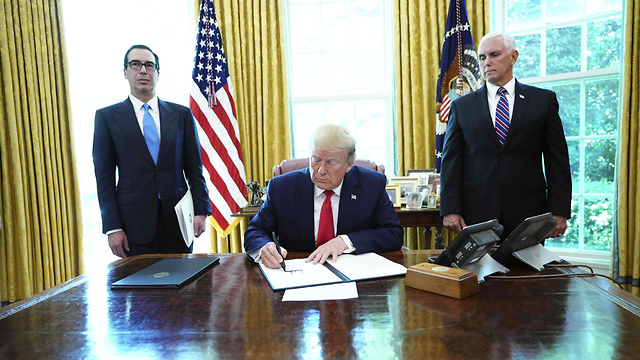

Former U.S. president Donald Trump signing an order for fresh sanctions on Iran, June 2019
(Photo: AFP)
Initial reports from Vienna have been positive, but Dr. Christopher Bolan, a senior fellow at the Philadelphia-based Foreign Policy Research Institute’s Middle East Program and professor of Middle East security studies at the Strategic Studies Institute of the U.S. Army War College, believes that the attack may make moving forward significantly more difficult.
“This attack will certainly complicate the ongoing negotiations to restore compliance with the Iran nuclear deal,” Bolan says.
The operation, he says, “will bolster the hardline elements in Tehran long opposed to accepting any outside restrictions on what they maintain is a peaceful nuclear civilian program.”
According to Bolan, the attack strengthens Iranian hardliners’ distrust in the West, and “severely undermines the position of the pragmatists in Tehran who have been supportive of a more pragmatic approach with Western powers to resolve concerns about its nuclear program and thereby open Iran’s economy to outside investments.”
The attack “will do little to weaken Iranian leverage in negotiations,” he says.
Rather, it may make Tehran’s stance less pliable, “as Iranian officials will be even more reluctant to make any negotiated concessions while their civil nuclear program is under physical attack from the outside.”
6 View gallery
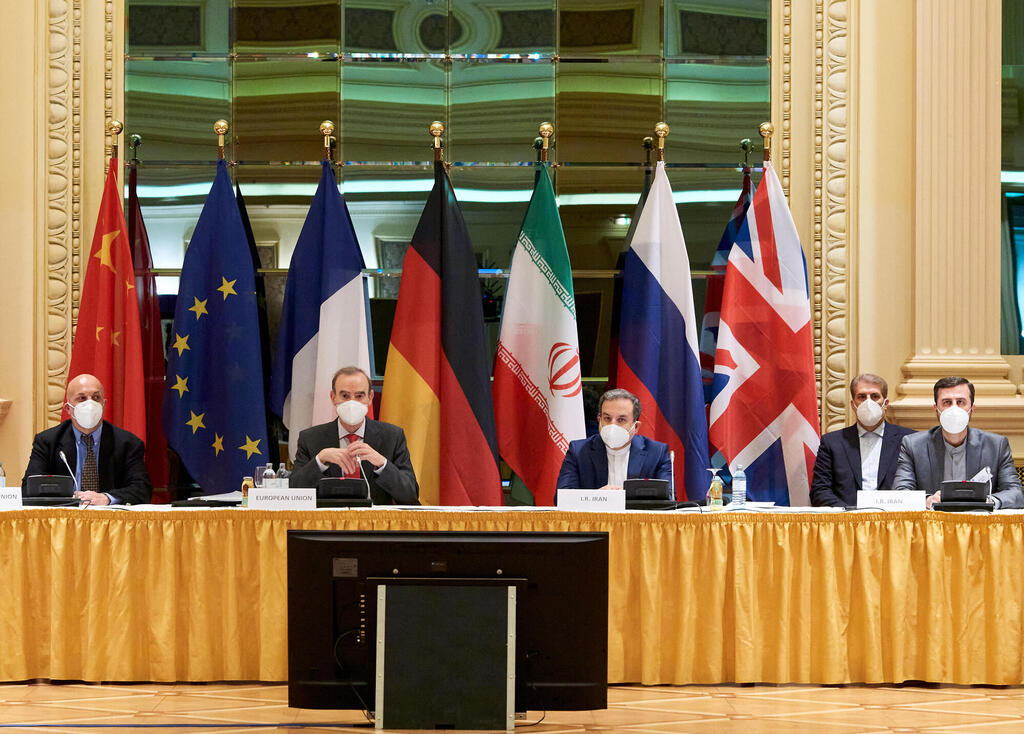

European and Iranian officials meet in Vienna to discuss the revival of the 2015 nuclear deal
(Photo: Reuters)
Guzansky, however, suggests that if the reports are correct and the explosion has inflicted serious damage on the Iranians’ nuclear program, the attack will weaken the Islamic Republic’s position at the negotiation table.
“Iran wants to arrive at the negotiations or the agreement as a country on the verge of acquiring nuclear capabilities,” he says.
Such a position would add to the pressure on the other side to compromise and reach a quick understanding before Iran takes the last step.
With this taken into consideration, the attack serves U.S. interests, Guzansky, because it has secured it more time to negotiate before Iran has passed the “point of no return.”
Saeed Khatibzadeh, Iran’s Foreign Ministry spokesperson, told state-run Press TV: “If the goal was to disrupt the removal of oppressive sanctions against the Iranian nation, they would certainly not achieve this goal, and no one would fall into the cunning trap they designed,” seemingly pointing to an Iranian determination to stay the course.
6 View gallery
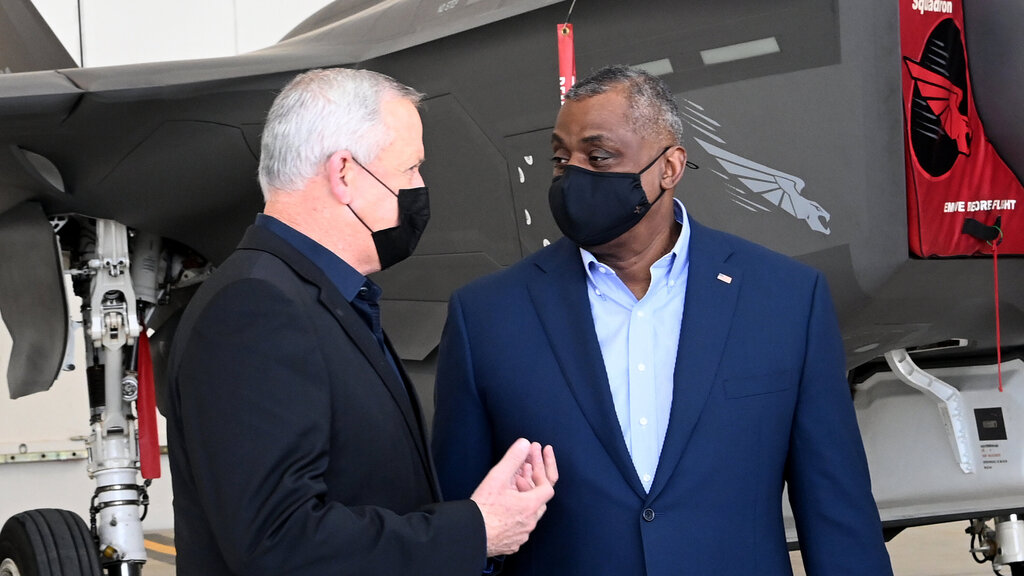

Defense Minister Benny Gantz and his American counterpart Lloyd Austin at Nevatim Air Base in southern Israel on Monday
(Photo: Matty Stern/U.S. Embassy Jerusalem)
While the operation is possibly aligned with American interests, Guzansky believes the White House was not necessarily notified in advance, despite the fact that U.S. Secretary of Defense Lloyd Austin was visiting Israel at the time.
“It is impossible from the outside to determine the extent of any advance notice or coordination between Israel and Washington," Bolan says.
"However, it is highly unlikely that the Biden administration would have offered any degree of support for this attack as it so clearly poses a tremendous obstacle and direct challenge to already complex and delicate negotiations aimed at restoring mutual compliance with the terms of the JCPOA.”
He says that the larger context of the Israeli-Iranian conflict makes it even less likely that the U.S. was somehow involved in the operation, as an escalation between the countries “could drag the U.S. into another unwanted conflict in the Middle East that jeopardizes President Biden’s other higher foreign and domestic priorities.”
An American official told the Israeli news site Walla that the U.S. was not involved in the operation in any way.
Both Boland and Guzansky believe that an Iranian response is likely, and Press TV quoted Iranian Foreign Minister Mohammad Javad Zarif threatening that “we will take revenge for these acts on the Zionists themselves.”
Yet Bolan says that “such a response will not necessarily be immediate as Iranian leaders weigh options and consider potential ramifications.”
“There’s a sort of dilemma here for Iran,” Guzansky says, “a true dilemma, whether to respond drastically and escalate in a way that will damage its image and the negotiations – and again, it is an Iranian interest to have them succeed, for the sanctions to be lifted and for the pressure on it to lessen … and the pressure it feels to retaliate already.”
With pressure building up between the countries, the steam will have to be released somehow, so “we are on the path to escalation,” sGuzansky.


